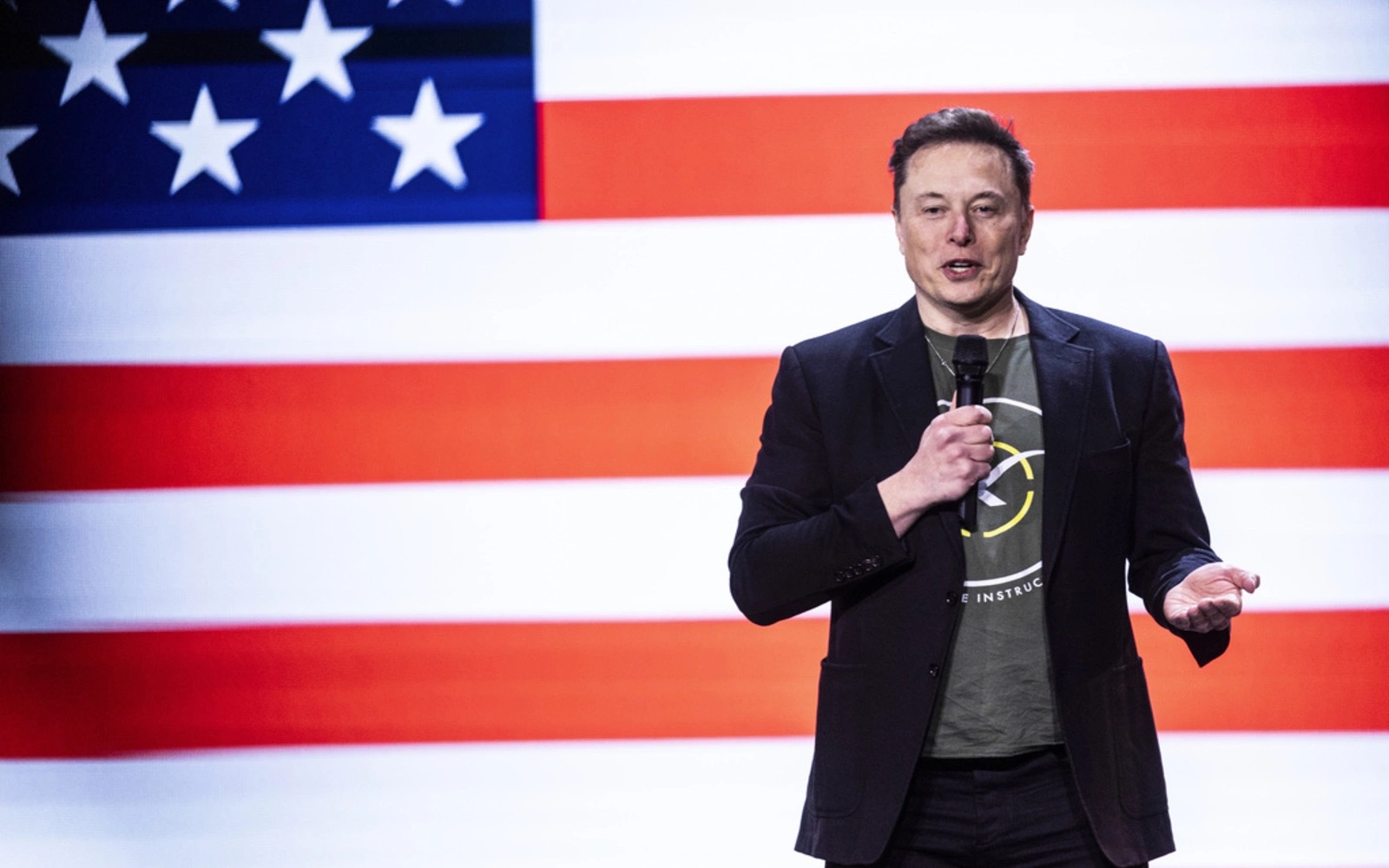
In a dramatic turn of events, Ontario’s Premier Doug Ford announced the province would “rip up” its $68 million contract with Elon Musk’s Starlink satellite internet service. This decision stemmed from escalating tensions following President Donald Trump’s announcement of a 25% tariff on nearly all Canadian imports. The contract, signed in November 2024, aimed to provide fast internet access to remote areas within Ontario, a critical need for many communities.
Impact of Tariffs
The tariffs, intended to reshape trade dynamics between the U.S. and Canada, prompted retaliatory measures from Canada, which imposed a similar 25% tariff on U.S. goods. These developments have raised concerns among local governments and businesses about the impact on economic relations. Prime Minister Justin Trudeau responded by announcing several concessions, including plans to station 10,000 “frontline personnel” along the lengthy Canada-U.S. border.
Despite the initial decision to terminate the Starlink contract, the Ontario government later suspended this move after President Trump opted to delay the tariffs for 30 days. Ford emphasized that U.S.-based businesses would forfeit tens of billions of dollars in potential revenue due to these trade tensions.
Ford has been vocal in his criticism of Musk and his ties to the Trump administration. He stated, “Musk wants to take food off the table of people, hard-working people, and I’m not going to tolerate it.” This statement highlights the premier’s concerns about the broader implications for families and businesses affected by potential disruptions in service.
Starlink has been actively seeking contracts with local and national governments to expand its satellite internet service, particularly in underserved regions. Musk’s relationship with Trump has raised eyebrows, especially given his role overseeing the Department of Government Efficiency (DOGE), tasked with significant cost-cutting and deregulation across various sectors.
The controversial contract with Starlink was seen as a vital step toward bridging the digital divide in Ontario, particularly for rural residents who often struggle with connectivity issues. However, the geopolitical landscape has complicated these efforts, as tariffs threaten to undermine partnerships that could benefit communities.
As developments continue to unfold, stakeholders in Ontario are left grappling with uncertainty regarding their future internet services and the broader implications of U.S.-Canada trade relations.
What The Author Thinks
The cancellation of the Starlink contract by Ontario reflects the fragile nature of international trade relations and the potential for political decisions to disrupt critical infrastructure projects. As geopolitical tensions rise, the need for stable and independent technological solutions becomes even more paramount, underscoring the importance of resilience in policymaking and corporate strategy.
Featured image credit: FMT
Follow us for more breaking news on DMR
